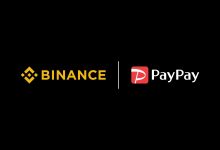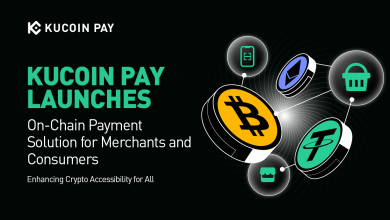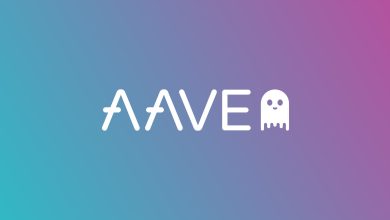KuCoin Becomes the First Major Crypto Exchange to Achieve CCSS Certification


KuCoin, one of the world’s largest cryptocurrency platforms, has become the first top 10 platform to achieve CryptoCurrency Security Standard (CCSS) certification — a globally recognized benchmark for securing cryptocurrency systems. The milestone sets a new bar for security and operational excellence across the digital asset industry.
Setting a New Benchmark for Security and Compliance
The CryptoCurrency Security Standard is a rigorous framework that defines industry best practices for securing cryptocurrency wallets, platforms, and custodians. It focuses on secureguarding both operational processes and technical controls related to key generation, storage, and management.
By achieving this certification, KuCoin strengthens its position as an industry leader in crypto security, becoming the only major platform to hold all four leading global security and privacy certifications — CCSS, ISO 27001:2022 (), ISO 27701:2025 (data privacy), and SOC 2 Type II (operational effectiveness and controls). Together, these certifications affirm KuCoin’s $2 billion Trust Project — a comprehensive initiative to enhance transparency, governance, and protection across its platform.
“Trust First. Trade Next.”
BC Wong, CEO of KuCoin, said the achievement underscores the company’s core philosophy and mission to lead by example in responsible innovation and compliance:
“Adding CCSS certification to our suite of global standards highlights KuCoin’s leadership in security and user protection. This accomplishment perfectly embodies our brand philosophy — ‘Trust First. Trade Next.’ Every step we take is guided by a deep responsibility to our users and the ecosystem. As the industry evolves, KuCoin will continue to lead by example in responsible innovation and compliance.”
The CCSS certification validates KuCoin’s adherence to the highest levels of security maturity in key management, data protection, and system resilience. It ensures that the platform’s crypto custody and operational practices are continuously assessed and independently verified against global standards.
Comprehensive Security Across the Entire Ecosystem
KuCoin’s four global certifications represent a holistic approach to risk management — spanning both general cybersecurity and crypto-specific operational secureguards. The combination of CCSS, ISO, and SOC certifications ensures:
- Resilient crypto controls — secure key storage, multi-signature systems, and verified custody architecture.
- Robust information security management — continuous monitoring, risk assessment, and compliance under ISO 27001:2022.
- Responsible data privacy practices — ensuring user data is handled and protected under ISO 27701:2025 principles.
- Independent audit and assurance — SOC 2 Type II certification validates KuCoin’s operational effectiveness and adherence to trust principles in security, confidentiality, and availability.
For KuCoin’s 40 million users worldwide, these measures translate into enhanced data protection, , and transparent assurance that their digital assets are secureguarded under one of the industry’s most robust compliance frameworks.
Building Enduring Trust in a Maturing Industry
Founded in 2017, KuCoin has established itself as a trusted global platform for crypto trading and innovation, offering access to over 1,000 digital assets across spot, futures, and Web3 services. Its recognition as one of Forbes’ “Best Crypto Apps & platforms” and inclusion in Unicorns” list highlights its rapid ascent and growing influence in the digital finance ecosystem.
In recent years, user protection and trust have become defining challenges for the crypto industry. High-profile security incidents across platforms and custodians have reinforced the need for independent certification and transparency. KuCoin’s achievement, therefore, marks a turning point — platforms can align cutting-edge technology with audited governance and compliance.
By pursuing full certification under internationally recognized standards, KuCoin is also signaling to regulators and institutional partners that crypto platforms can operate at the identical security and accountability levels as traditional financial institutions.







